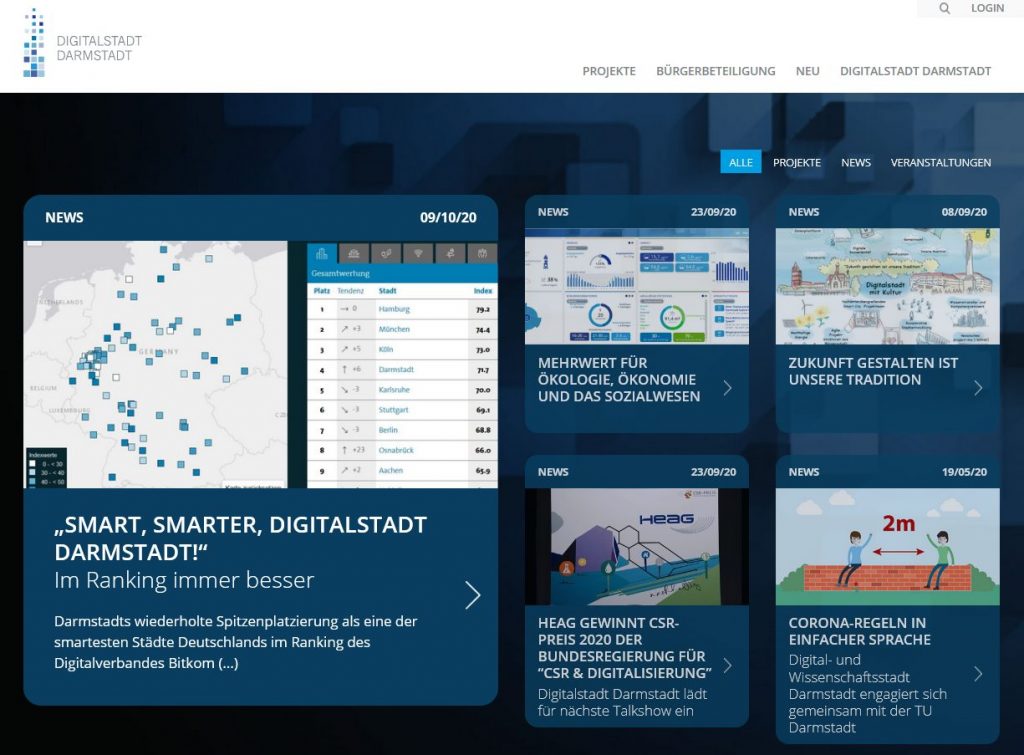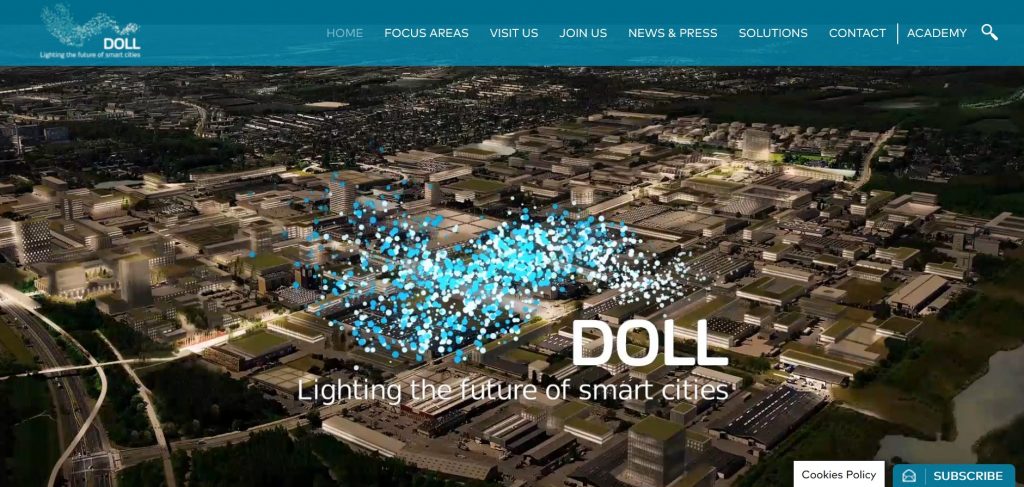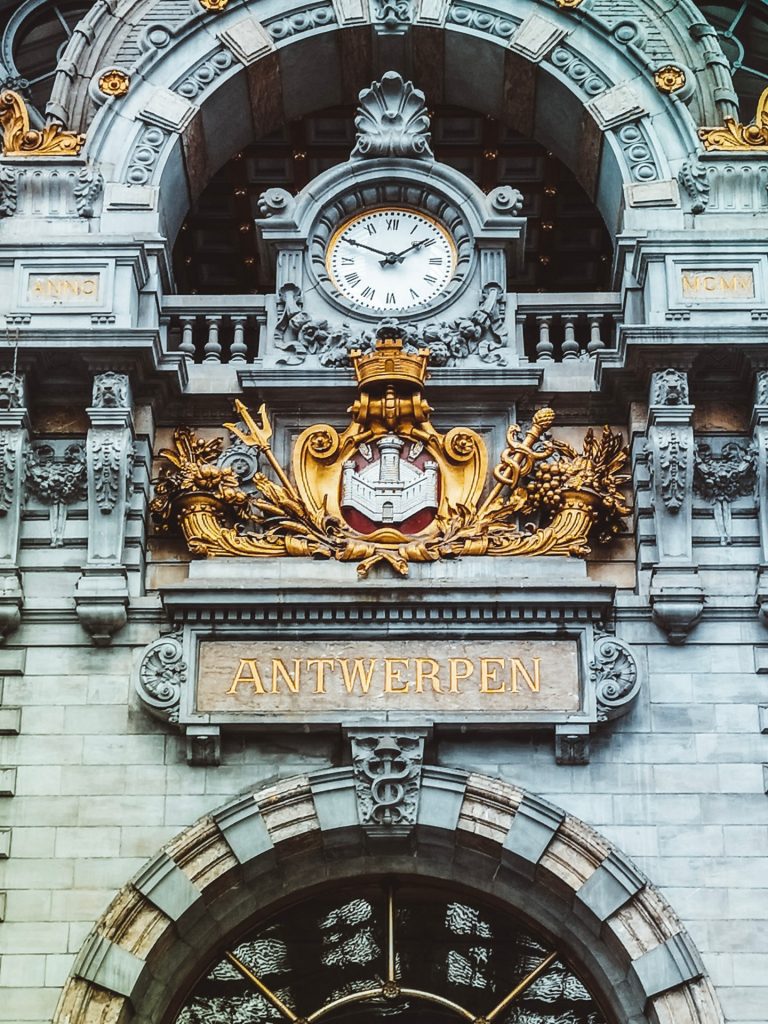Evidence-based practice, Belgium
© Colourbox Aims and scope This case study is about the implementation of an evidence-based practice (EBP) architecture where guidelines and information can be shared and where applications can be connected for the network members to use. The Belgian EBP is oriented towards the development, validation, dissemination and evaluation of medical guidelines for health practitioners.…
Read MoreBurenondersteuning, Belgium
Aims and scope Illustration: Colourbox The project ‘Burenondersteuning’[1] was a collaboration between different cities and private partners from late 2018 until early 2020 to develop a system that connects neighbours to help each other with small tasks and to remedy loneliness. The project had several objectives. First, the project wanted to tackle loneliness among citizens…
Read MoreTallinn SUMP, implementing a holistic mindset for regional urban mobility planning in the capital region of Estonia
© Julius Jansson on Unsplash Tallinn Sustainable Urban Mobility Plan (henceforth Tallinn SUMP) reflects an attempt to overhaul the existing urban mobility framework. The project was initiated due to interest of key individuals from the Tallinn City Transport Department, Road Administration and Ministry of Economic Affairs and Communications. Through Tallinn SUMP, the citizen perspective is…
Read MoreThe Employment Registry project, ensuring a single coherent set of employment data for each individual through collaboration in Estonia
© Colourbox The Employment Registry is a unique solution for gathering employment data that keeps the amount of employment information which needs to be submitted to the minimum, whilst ensuring the maximum quality of the collected data. Through this Registry, public sector organisations receive information necessary for various services and processes, such as applying for…
Read MoreBristol is Open - A joint venture delivering a Smart City of the future
The case study examines a joint venture between Bristol City Council and the University of Bristol in the UK. Bristol is Open (BiO) aims at delivering research contributing to the development of a Smart City and “deploying a city-scale open and programmable testbed for experimentation and digital innovation” (Bristol City Council, 2016: 55). BiO started…
Read MoreDigitalstadt Darmstadt. A collaborative network and its structural backbone
© Digitalstadt Darmstadt website: https://digitalstadt-darmstadt.de The programme Digitalstadt Darmstadt evolved as a result of winning a 2017 Bitkom competition to create a German “digital model city with international appeal” (Bitkom e.V., 2020). Motivated by this success, the city of Darmstadt has further been supported by several private and public sponsors such as Deutsche Telekom and…
Read MoreCollaborating in Europe’s leading living lab for Smart City-services: the case of Danish Outdoor Lighting Living Lab (DOLL)
© DOLL website: https://doll-livinglab.com/ Aims and scope DOLL (Danish Outdoor Lighting Lab) is Europe’s largest test field, showroom, and innovation hub within the field of intelligent lighting. Its living lab is located in the suburban municipality of Albertslund, located some 15 kilometres west of Copenhagen. DOLL is based on a partnership between various public actors…
Read MoreAntwerp’s Smart City Policy. Implementing Smart City projects in a living urban lab
Aims and scope © Daniels Joffe on Unsplash With its Smart City policy, the city of Antwerp put forward the ambition to join the top tier of European Smart Cities. A vision document was adopted by the City Council in 2017, delineating the following five priorities: smart governance, smart mobility, smart energy and materials, smart…
Read MoreGovernment as a Platform – Working across departments to deliver smarter public services
© Ming Jun Tan on Unsplash This case study examines the collaboration between the Government Digital Service (GDS), a unit of the UK Government’s Cabinet Office, and various UK Government departments, in implementing and delivering ‘Government as a Platform’ (GaaP). GaaP aims to change the way government services are built, organised, and provided, by designing…
Read MoreImplementing the Online Access Act (OAA) in Germany: A Unique Collaborative Effort to Advance Online Public Services in the German Federal System
This case study describes the set up and collaboration dynamic of the Online Access Act (OAA) (Onlinezugangsgesetz). The OAA was enacted in August 2017 as a result of increasing dissatisfaction among policy makers and administrators with the slow progress of government digitalisation in Germany over the last decade. The act obliges all levels of government…
Read More







